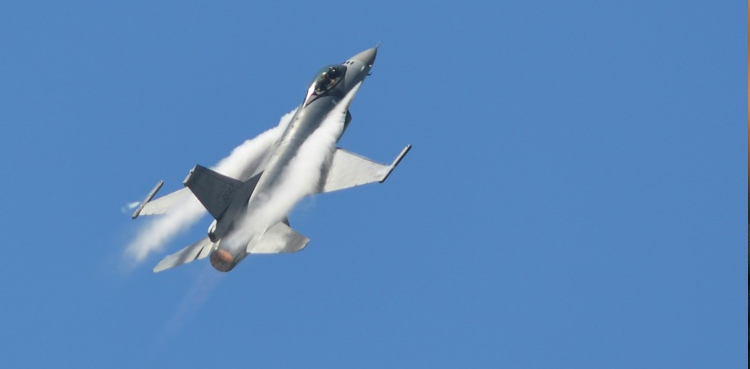BEIJING/WASHINGTON: China demanded Tuesday that the United States “immediately cancel” a potential sale of $2.2 billion in arms to self-ruled Taiwan, including battle tanks and anti-aircraft missiles, adding fuel to tensions between the two powers.
It would be the first big-ticket US military sale to the democratically-governed island in decades, and comes as ties between Washington and Beijing are already strained by their trade war.
China has lodged formal complaints through diplomatic channels expressing “strong dissatisfaction and resolute opposition” to the move, foreign ministry spokesman Geng Shuang said at a regular press briefing.
The deal includes 108 M1A2T Abrams tanks, 250 Stinger portable anti-aircraft missiles, related equipment and support at an estimated cost of just over $2.2 billion, according to the US Defense Security Cooperation Agency (DSCA).
The proposed sale “will contribute to the modernization of the recipient’s main battle tank fleet”, improve its air defense system and “support the foreign policy and national security of the United States by helping to improve the security and defensive capability (of Taiwan),” DSCA said.
It would not alter the “basic military balance in the region,” the agency added, and Congress has been notified. US lawmakers have 30 days to object to the sale but are unlikely to do so.
Geng said the proposed deal “seriously violates the one-China principle” and “grossly interferes” in the country’s internal affairs.
“China urges the US to… immediately cancel the planned arms sale and stop military relations with Taipei to avoid damaging Sino-US relations and harming peace and stability in the Taiwan Strait,” he said.


Taiwan has been ruled separately from China since the end of a civil war in 1949, but Beijing considers it a part of its territory to be retaken.
China has significantly stepped up diplomatic and military pressure on Taipei since the election in 2016 of President Tsai Ing-wen, whose Democratic Progressive Party refuses to acknowledge that the island is part of “One China”.
It has staged military exercises near the island, and steadily reduced the already small number of nations that recognise Taiwan.
The United States switched diplomatic recognition from Taiwan to China in 1979, but has remained an important ally — and arms supplier — to Taipei. Laws passed that year by Congress required Washington to provide the island with means of self-defence.
But it has been wary of big-ticket military equipment sales to Taiwan in recent years, fearful of stoking anger in Beijing.


Leave a Comment